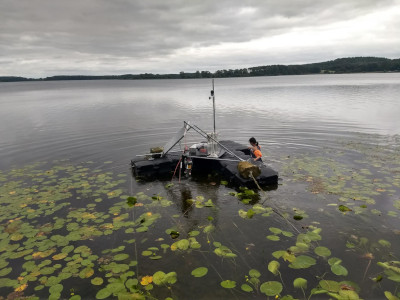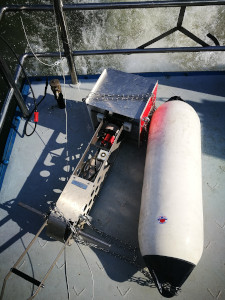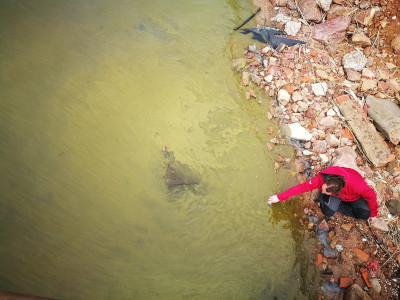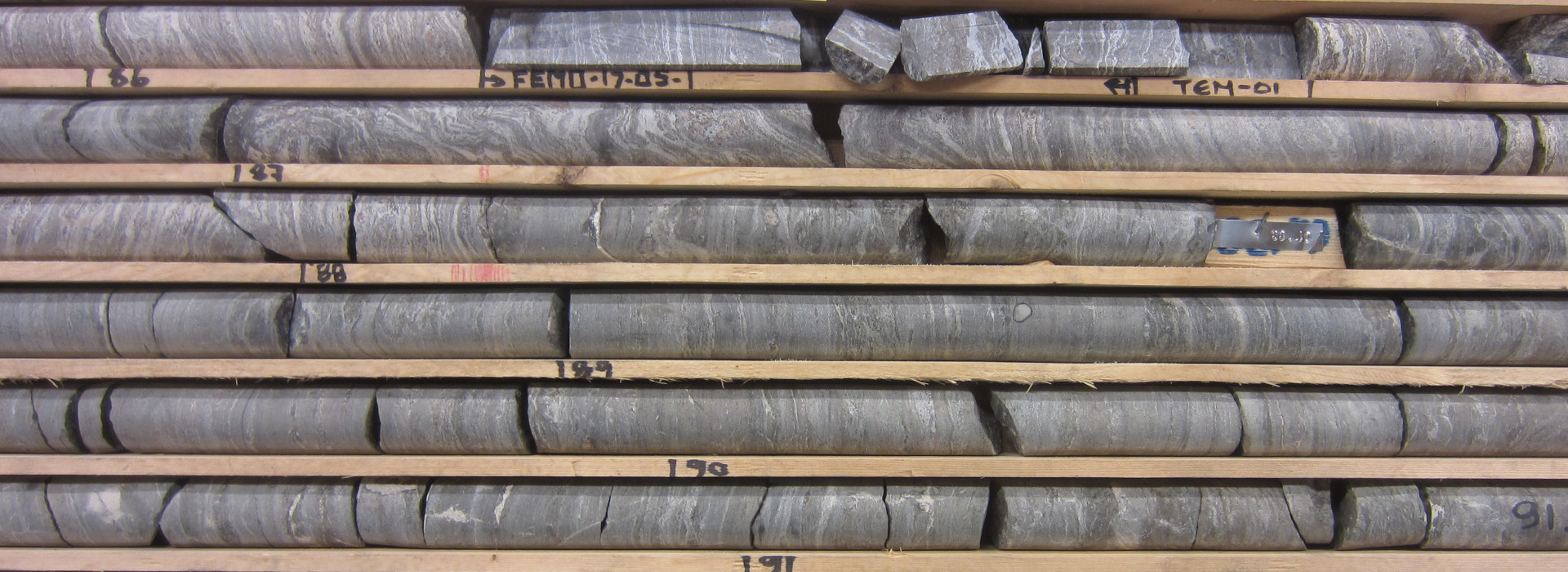Assessment procedures for spatio-temporal water quality dynamics of surface water bodies monitored by high-resolution multi-sensor-systems
- Datum:2020
- Betreuung:
- Bearbeitung:Jingwei Yang



Ms. Jingwei Yang’s PhD thesis is on the topic of spatio-temporal water quality dynamics of surface water bodies. Currently, several projects in the Working Group ENMINSA aim to apply and develop high-resolution multi-sensor-system for on-line and insitu monitoring systems for surface waters (e.g., Lake Tai, Three Gorges Reservoir and Qingcaosha Reservoir of Yangtze, China; River Elbe and Western Lake, Germany). These multi-sensor-systems record several water quality relevant parameters such as pH, oxygen saturation, electrical conductivity, coloured dissolved organic matter, turbidity, chlorophyll a and different algae classes. Furthermore, these sensor systems operate as BIOFISH for spatial monitoring or as BIOLIFT for vertical monitoring and shall be connected to combi-weather-station and a velocimeter. Furthermore, the produced data shall be used by cooperating partners to calibrate hyper spectral data.
Her main task is to adapt and apply these sensor systems in surface water bodies, mainly the lake Tai in China that faces severe problems with algae blooms and to develop and apply methods to evaluate and assess the enormous amounts of recorded data to extract new insights into the spatio-temporal dynamics of water quality. This includes the research of the interdependencies of weather conditions, water body stratification and sediment dynamics, the extent of light inhibition on chlorophyll activity under various irradiation conditions, particle water interactions and the mechanisms for the development of high algae concentrations with the aim to design early warning systems. (Photos by Jingwei Yang)
